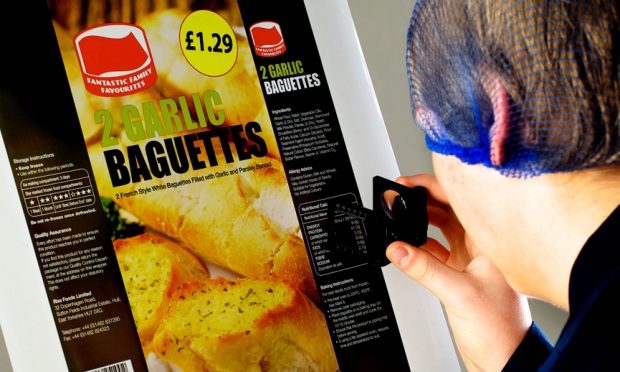 use ovenable inks that produce high-definition, high-quality print using the full range of process colours.
use ovenable inks that produce high-definition, high-quality print using the full range of process colours.They are used for ready-meal lidding, flow- wrapping, cooking pouches and roasting bags for higher temperatures.
Testing with Smithers Pira, TCL Packaging managing director Mike Golding said the company decided to extend the test boundaries after becoming concerned that not all printed ovenable films on the market are fully verified.
He said it was vital that retailers are able to add cooking instructions to their products with complete confidence in film performance and food safety.
“At TCL we wanted to be sure no harmful molecular breakdown will occur at high temperatures and our PET printed laminate films are the first to certify to 220°C, with mono layer at 200°C.
He said there is potential food safety issues with many of the ovenable films on the market that most retailers and consumers are unaware of.
Golding told Packaging News there is a lack of wide testing and certification programme for these potentially harmful products.
He claimed that while film on its own from manufacturers is widely certified as safe at high temperatures – up to 250c before melting – there are concerns about labels, adhesives or inks printed on the film.
“We are seriously concerned that at high temperatures in an oven elements can migrate through the film to the food. That’s why we need certification to prove that ink adhesive and film don’t break down. And if they do breakdown they don’t migrate to film. And finally, if they do migrate into the film or the food, is it harmful or not?”
He warned that some of the products are carcinogens – which have a risk of causing cancer.
“Every ovenable and microwaveable film purchased should be backed up by an appropriate test certificate and technical report and we urge buyers to request this documentation.”





